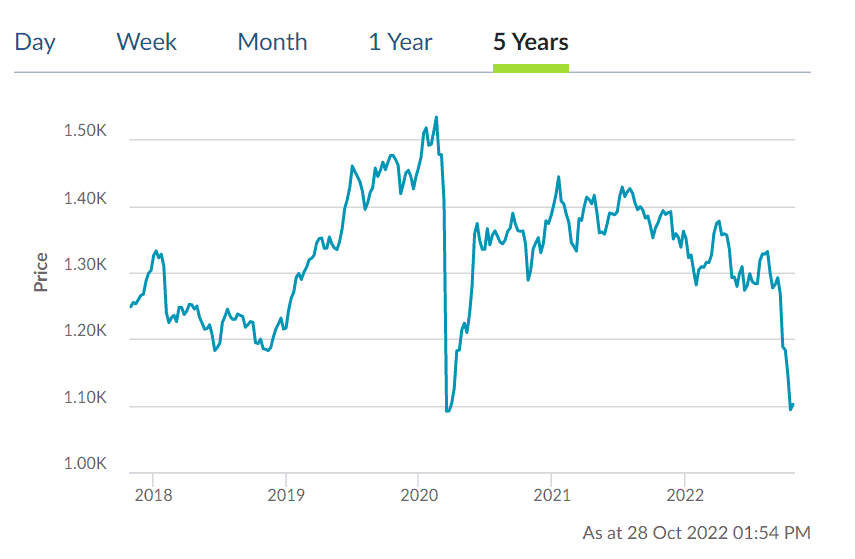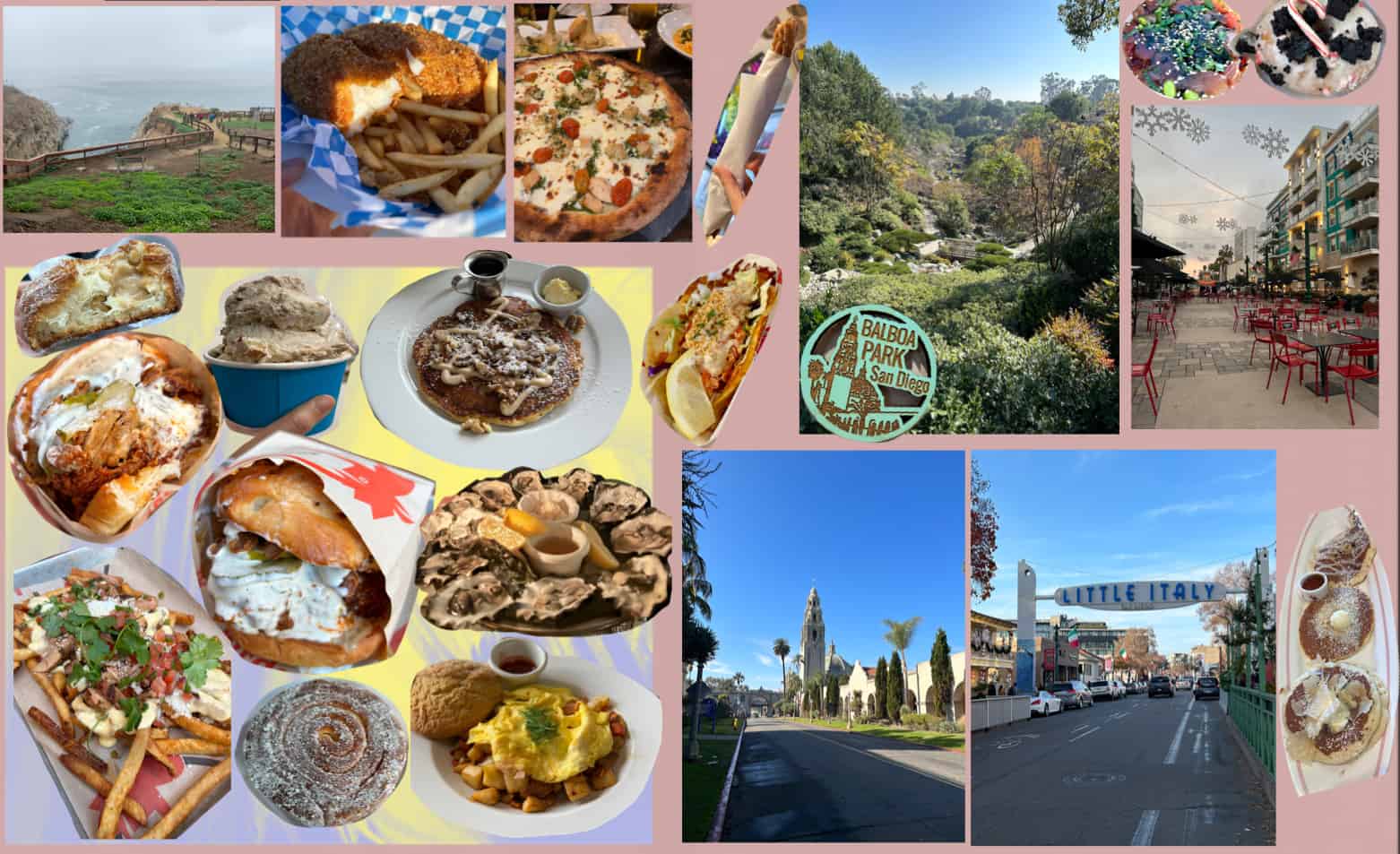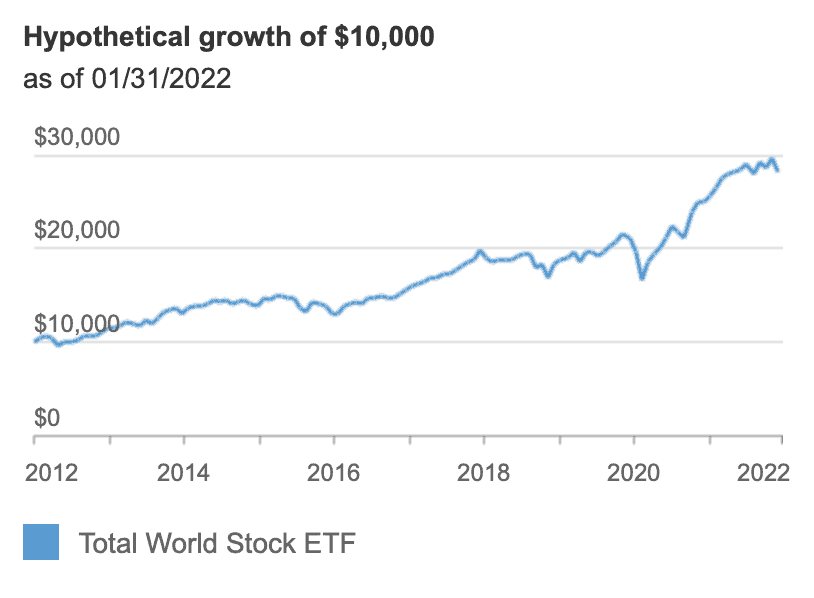Work shapes a third of our lives. If you’re unsure about how to genuinely feel […]
Happiness has long been considered the highest good, not simply a fleeting feeling, but the ultimate aim of human life. Ancient philosophers like Aristotle believed happiness is achieved through virtue and rational activity. It is not a lucky accident or something handed to us; it is the result of living well, choosing wisely, and cultivating good character.
Happiness as the Final Goal
True happiness is not passive. It is an activity of the soul in accordance with virtue, the state of character that helps us choose well, striking a balance between excess and deficiency.
In other words, happiness is doing something well and living in harmony with reason and moral values.
It is formed through habits of good character and wise reasoning, rather than chasing fleeting pleasures or external goods. It requires self-awareness, knowing yourself enough to choose actions that are balanced, appropriate, and aligned with your deeper values.
Pleasure, Simplicity, and Inner Peace
Pleasure has its place in a good life, but simplicity and peace matter more than luxury. The wise person understands that not all desires are worth pursuing. Satisfying only what is necessary, and learning to enjoy simple pleasures, frees us from the endless chase of wanting more.
Even death, when viewed through this lens, is not to be feared as it is a natural part of life. The greatest pleasure is freedom from fear, unnecessary desire, and mental disturbance.
Hedonism asks: What is the meaning of pleasure without deeper purpose? True contentment comes when pleasure is paired with inner clarity.
Beyond Immediate Desires
The Desire-Fulfillment Theory suggests that we are better off pursuing desires we would choose if we were fully rational and informed, rather than what we happen to want right now.
The Objective List Theory goes even further, suggesting that certain goods improve our lives whether we desire them or not, such as autonomy, love, knowledge, friendship, achievement, meaningful work, integrity, health, and moral virtue.
If you want to live well, focus on three daily reflections:
- Real pleasure: Did I do something this week that brought genuine joy or rest?
- Authentic goals: Did I move closer to a goal that truly matters to me?
- Deeper goods: Did I nurture something valuable, even if it wasn’t fun or exciting?
Pleasure matters, but it is not the only thing that matters. Depth, truth, and integrity are equally important.
When making choices, ask yourself:
- Am I doing this for real meaning, or just temporary comfort?
- Would I still choose this if no one praised me for it?
- Do I want to feel good, or do something truly worthwhile?
Moral Awakening
A good life is not lived for oneself alone. Moral responsibility means giving what you can without unreasonable sacrifice. Ethics asks us to look beyond our own comfort to consider the needs of others.
Freedom and Self-Authorship
True freedom means being the ultimate source of your will and actions, not just acting out of reflex, habit, or the weight of the past. This requires self-forming actions: choosing in a way that reflects the person you most want to become.
We shape who we are in moments of inner conflict, when we are genuinely torn between values, habits, or desires. These moments are sacred, they are where we grow.
To live with intention:
- Strengthen inner conflicts. Don’t rush to resolve them. Choosing consciously builds depth of character.
- Step into authorship. Ask yourself: Who do I want to be in this moment?
- Act willingly and consciously. You don’t need perfect freedom to be responsible; you just need clarity and intention.
- Own your values. If you acted from belief rather than pressure, you can stand by your choice without excuses.
- Forgive yourself for closed options. Even if you couldn’t “do otherwise,” a conscious choice can still be meaningful.
Freedom is not about having endless options — it’s about making decisions you can truly own.
A Life Well Lived
Happiness is not about constant pleasure, material success, or public approval. It is the steady work of living with integrity, cultivating virtue, and making conscious choices that reflect your deepest values.
In the end, the study of ethics and happiness leads to one truth: A meaningful life is not found by accident. It is created, choice by choice, day by day.







